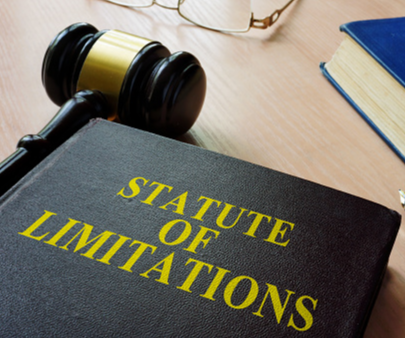Lost among the attention garnered by the recent change in the NJ statute of limitations regarding sexual abuse is a potentially game-changing new law eliminating immunity for government entities and employees in those cases.
A disproportionately large number of cases involving sexual abuse, particularly against minors, involve public entities and public employees. This subjects those claims to the strict notice requirements labyrinthian maze of immunities under the New Jersey Tort Claims Act, N.J.S.A. 59:1-1, et seq.
No longer. Effective December 1, 2019, N.J.S.A. 59:2-1.3 eliminates immunity for public entities and employees in any civil action as a result of sexual assault, any other crime of a sexual nature, a prohibited sexual act[1] upon a threshold showing of either gross negligence, for an adult victim, or negligence, for a minor victim. More specifically, for minor victims, the standard is set forth as the negligent hiring, supervision, or retention of any public employee. Upon establishing the applicable standard “immunity from civil liability granted by [the Tort Claims Act] to a public entity or public employee shall not apply.”
Beyond immunities based on the conduct of the applicable public employees or entities, this new law arguably eliminates immunity for failure to comply with the notice provision of the act or, more importantly for sexual abuse cases, the damages threshold contained in N.J.S.A. 59:9-2. Under the new law, never again should any case be dismissed because a defense attorney convinces the court that the abuse did not result in a ‘permanent injury’ as defined by the Tort Claims Act.
Going forward, a well pled complaint stating claims for negligence and gross negligence should always survive a motion to dismiss on the pleadings based on the Tort Claims Act. After all, based on N.J.S.A. 59:2-1.3, if a victim is able to establish the claim pled, defendant entity and employees are not entitled to immunity under the act.
This act does not provide any unfair advantages. It merely levels the playing field in cases for sexual abuse where the wrongdoers happened to be government actors. And that change has long been overdue.

